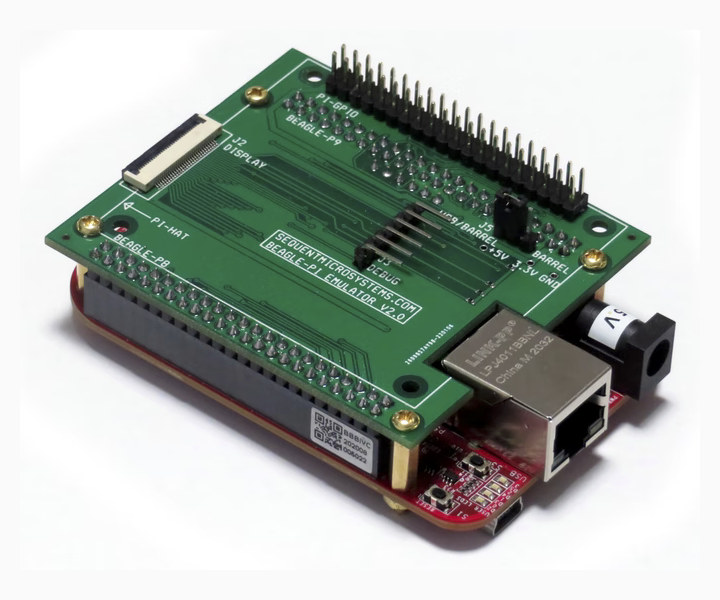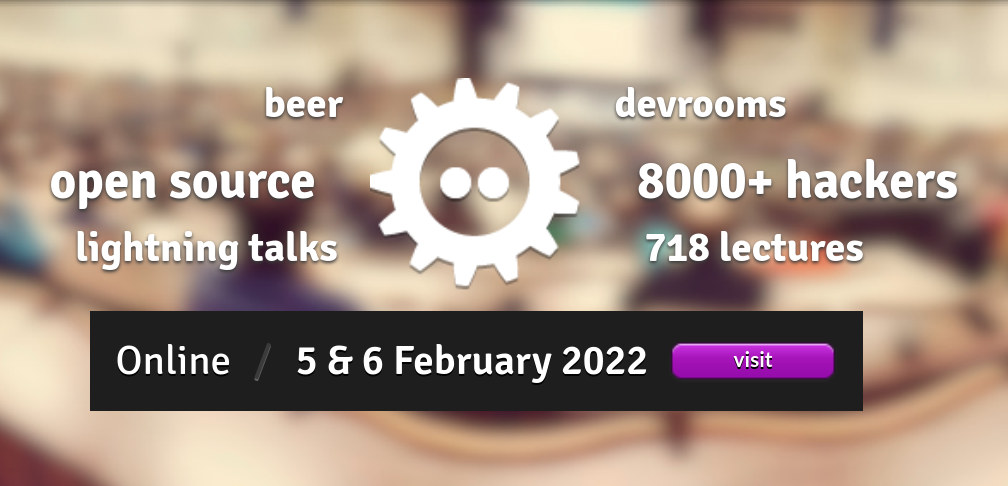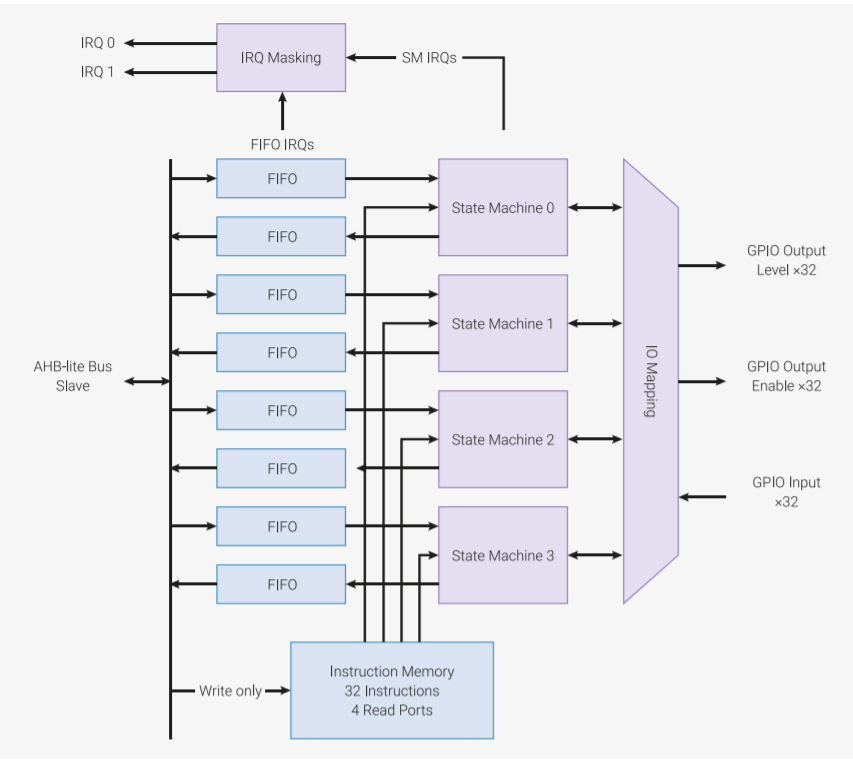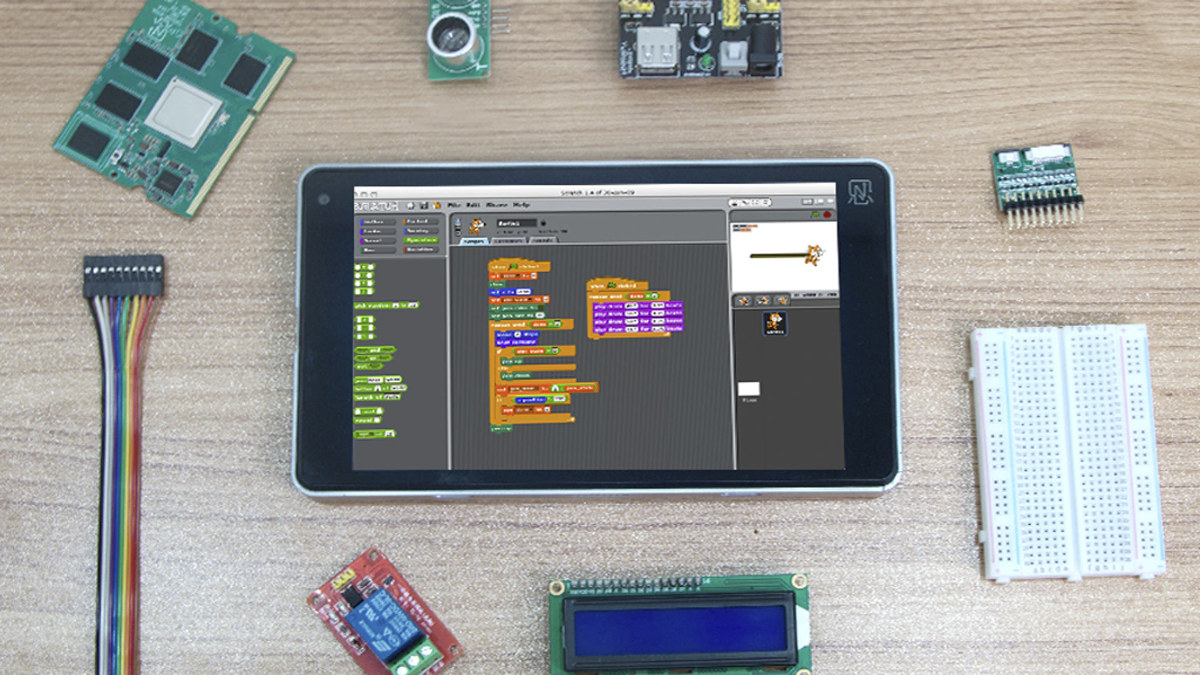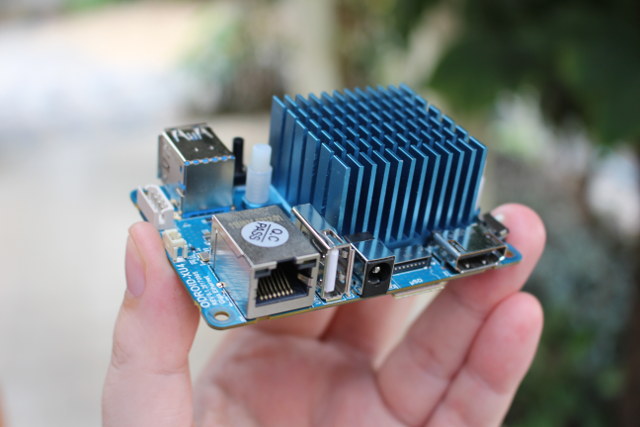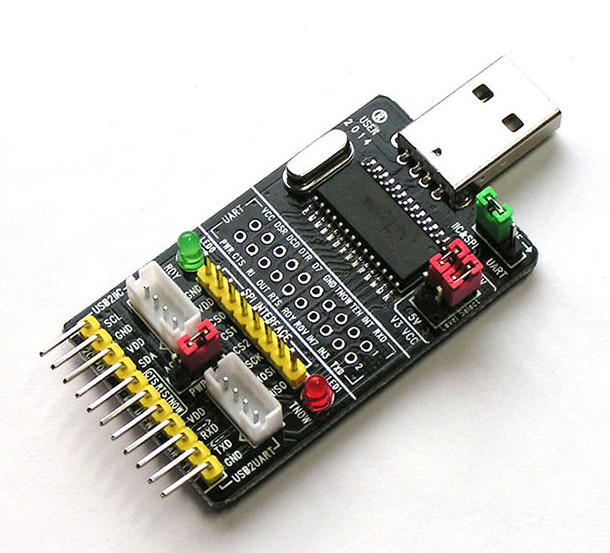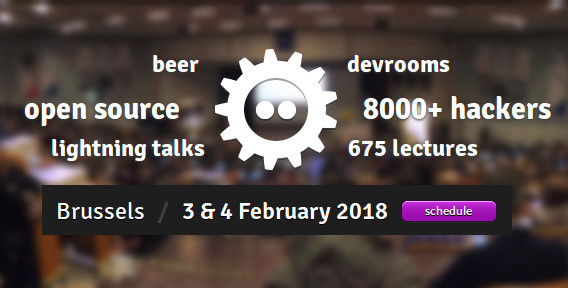We recently reported the Raspberry Pi boards were getting really expensive due to a lack of supply, and the problem has gone on for while without a clear idea when the issue will be resolved. This does not help Raspberry Pi HAT manufacturers, and for instance, Sequent Microsystems has made Raspberry Pi HATs over the years most models with multiple relays, but also others for temperature sensors, and others automation applications. One solution would be to use compatible boards like ODROID-C4 or Rock64, but Sequent Microsystems found out the BeagleBone Black Industrial was well-stocked by various distributors, and instead, they designed the “Beagle-Pi Emulator” adapter to use Raspberry Pi HAT on the Texas Instruments Sitara AM3358 board. An adapter is needed because the BeagleBone Black boards are equipped with two 46-pin headers instead of the 40-pin header on Raspberry Pi SBC’s. The expansion board routes I2C, SPI, four serial […]
FOSDEM 2022 schedule with embedded Linux, IoT, automotive… sessions
While typically taking place in Brussels, Belgium, FOSDEM 2022 will take place online just like FOSDEM 2021 due to COVID-19 restrictions. The good news is that it means anybody can attend it live from anywhere in the world, and makes it more like “FOSDIM”, replacing European with International, in “Free and Open Source Developers’ European Meeting”. FOSDEM 2022 will take place on February 5-6 with 637 speakers, 718 events, and 103 tracks. I’ve made my own little virtual schedule below mostly with sessions from the Embedded, Mobile and Automotive devroom, but also other devrooms including “Computer Aided Modeling and Design”, “FOSS on Mobile Devices”, “Libre-Open VLSI and FPGA”, and others. Saturday, February 5, 2022 12:30 – 13:00 – Five mysteries in Embedded Linux by Josef Holzmayr Once you start out in embedded Linux, there is a lot to do. Some things are obvious, some less so. First and foremost, […]
A closer look at Raspberry Pi RP2040 Programmable IOs (PIO)
The popularity of Raspberry Pico board powered by RP2040 microcontroller has made every reader wanting to know more about the board and chip. So today we will be talking about RP2040’s Programmable IOs, a feature that makes it different from most other microcontroller boards. The two PIO blocks or let’s call it the hardware interfaces in the RP2040 have four state machines each. These two PIO blocks can simultaneously execute programs to manipulate GPIOs and transfer raw data. Now, what do these state machines do? Well, the PIO state machines execute the programs fetched from various sources. Sometimes the programs are taken from the PIO library (UART, SPI, or I2C) or user software. Why Programmable I/O? All the boards usually come with hardware support for digital communications protocols such as I2C, SPI, and UART. However, if you plan to use more of these interfaces than what is available on the […]
LibIIO – Library for interfacing Linux industrial I/O devices
For more than 6 years, the LibIIO library has existed to ease the development of software interfacing Linux Industrial I/O (IIO) devices. It is part of the Linux Kernel and a subsystem that provides support for devices like analog to digital or digital to analog converters (ADCs, DACs). This subsystem includes ADCs, accelerometers, pressure sensors, color, light and proximity sensors, temperature sensors, RF transceivers, and many more. You can use LibIIO natively on an embedded Linux target. It is cross-platform, supporting Linux, Windows, and Mac OS. Analog Devices Inc. was the main company behind LibIIO development, which is currently an active open-source library, which many people have contributed to. What does LibIIO do? LibIIO will identify the channels that belong to each device. It will assign specific attributes, one for the channels and one for the devices. Then, it will also create a context that is a place where all […]
Ntablet Android & Linux Tablet Features a Replaceable RK3288 CPU Module, GPIO Board
Most tablets on the market either run Android or Windows, and while some have tried to launch Linux tablets, none of the products have really caught on, although the upcoming PINETAB might change that. Another option might be Ntablet 7″ tablet that runs either Android, Debian or WebOS Linux operating systems, but also offers some innovative features such as a replaceable Rockchip RK3288 CPU module, and an external GPIO board for makers. Ntablet hardware specifications: SoC – Rockchip RK3288 quad-core Cortex-A17 processor @ 1.8 GHz with Mali-T760 quad-core GPU System Memory – 2GB LPDDR3 Storage – 16GB eMMC flash, MicroSD card slot up to 32GB Display – 7″ touchscreen IPS display with 1920×1200 resolution Video Output – Micro HDMI port Audio – 3.5mm headphone jack Camera – 5MP front-facing camera (OV5648 sensor) Connectivity – 802.11b/g/n/ac WiFi 5 and Bluetooth 4.0 via Ampak AP6255 module USB – 1x USB 2.0 port, […]
Review of Ubuntu 18.04 on ODROID-XU4Q Development Board
Hardkernel released their first Samsung Exynos 5422 octa-core board in July 2014 with ODROID-XU3, which at the time was really a powerful board, but also pricey at $179. Later that year, the company released a cheaper version ($99) called ODROID-XU3 Lite, which I had the chance to review with Ubuntu 14.04 and Android 4.4. The company’s adventure with Exynos 5422 processor did not stop there, as in 2015 they released the smaller and even cheaper ($74) ODROID-XU4 board, and last year launched a fanless version of the board with ODROID-XU4Q featuring a large heatsink. More recently, the company also introduced ODROID-HC1 and ODROID-MC1 solutions for respectively network storage and clusters applications. That’s the short history of Hardkernel Exynos 5422 boards as I remember it, and that means that since 2014, or nearly 4 years so far, the company has kept updating Ubuntu and Android firmware for their board, including the […]
WCH CH341 USB to Serial Chip Gets Linux Drivers to Control GPIOs over USB
USB to serial chips are often used as a debug interface either directly on the target board, or via a dedicated debug board. But some models have extra pins exposed, and one of those is WCH CH341, which also includes I2C & SPI interfaces and up to 8 GPIOs. But software support for those extra pins is not currently built-in into the drivers found in Linux mainline, and you’d also have to find a board that breakout the relevant pins. It turns out there are few of things including “CH341A ALL IN 1 USB to SPI/I2C/IIC/UART/TTL/ISP serial adapter” board going for $10 shipped on Aliexpress, and which Zoobab successfully used to control 6 (out of 8) GPIOs over USB. The board comes with a USB board to connect to your computer, several header for I2C, UART, SPI, some LEDs, and jumper to select I2C/SPI or UART mode and voltage (5V/3.3V). […]
FOSDEM 2018 Open Source Developers Meeting Schedule
FOSDEM (Free and Open Source Software Developers’ European Meeting) occurs every year on the first week-end of February, where developers meet for two days discussing about open source software projects. FOSDEM 2018 will take place on February 3-4 this year with 652 speakers, 684 events, and 57 tracks, an increase over last year 608 speakers, 653 events, and 54 tracks. There will be 8 main tracks namely: Community, History, Miscellaneous, Performance, Python, Security and Encryption, Space, and Global Diversity CFP Day. There will also be 33 developer rooms, and since the full schedule is now available, I’ll make a virtual schedule mostly based on sessions from the Embedded, mobile, and automotive, Hardware Enablement, and Internet of Things devrooms. Saturday 3, 2018 09:50 – 10:15 – Turning On the Lights with Home Assistant and MQTT by Leon Anavi In this presentation you will learn the exact steps for using MQTT JSON […]


